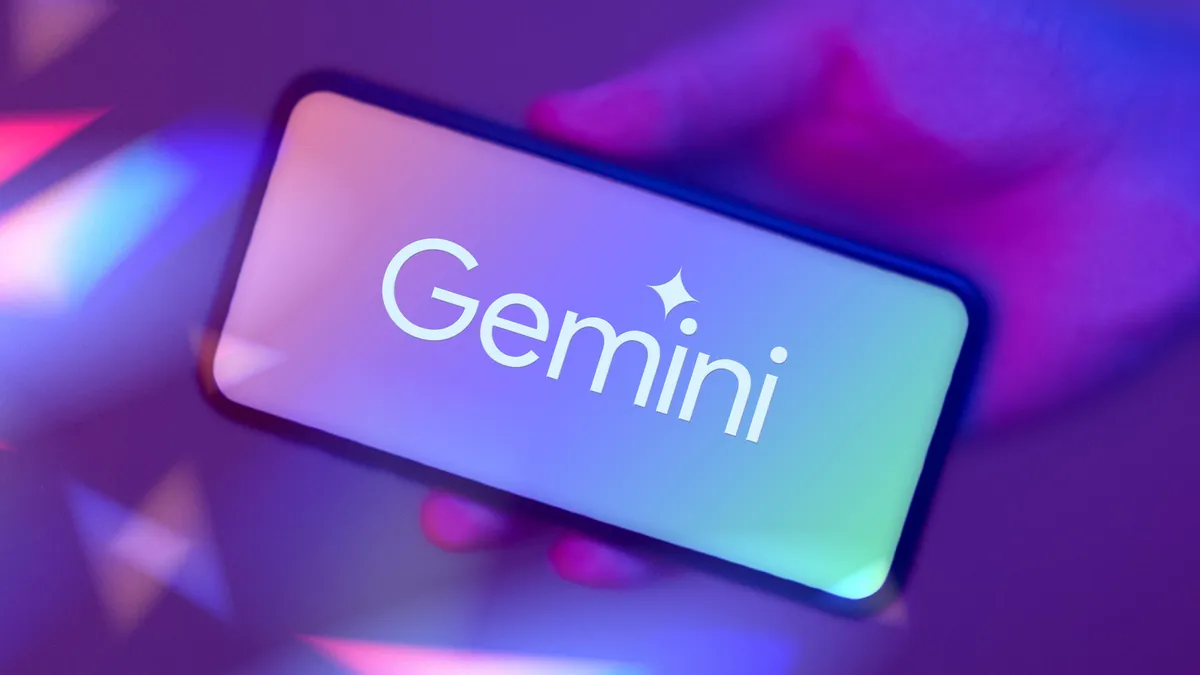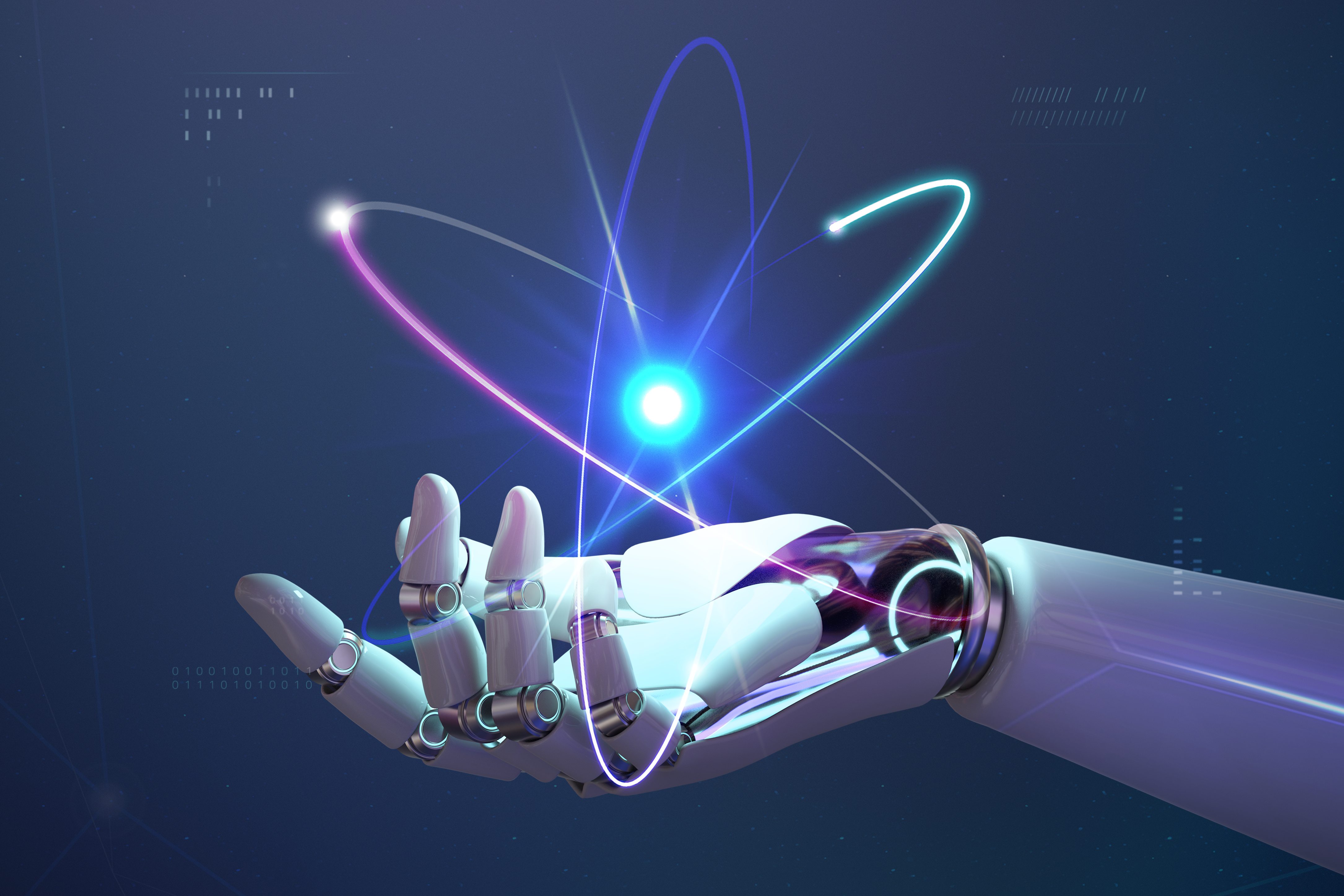A rising number of young, high-earning Americans are moving away from wealth advisers who fail to offer crypto access, signalling a sharp generational divide in portfolio expectations.
New survey results from Zerohash show that 35 percent of affluent investors aged 18 to 40 have already redirected funds to advisers who support digital-asset allocations, often shifting between $250,000 and $1 million.
Confidence in crypto has strengthened as major financial institutions accelerate adoption. Zerohash reported that more than four-fifths of surveyed investors feel more assured in the asset class thanks to involvement from BlackRock, Fidelity and Morgan Stanley.
Wealthier respondents proved the least patient. Half of those earning above $500,000 said they had already replaced advisers who lack crypto exposure, and 84 percent plan to expand their holdings over the coming year.
Demand now extends well beyond Bitcoin and Ethereum. Ninety-two percent want access to a wider range of digital assets, mirroring expanding interest in altcoin-based ETFs and staking products.
Asset managers are responding quickly, with 21Shares launching its Solana ETF in the US and BlackRock preparing a staked Ether product. The Solana category alone has attracted more than $420 million in inflows, underscoring the rising appetite for institutional-grade exposure.
Would you like to learn more about AI, tech and digital diplomacy? If so, ask our Diplo chatbot!










